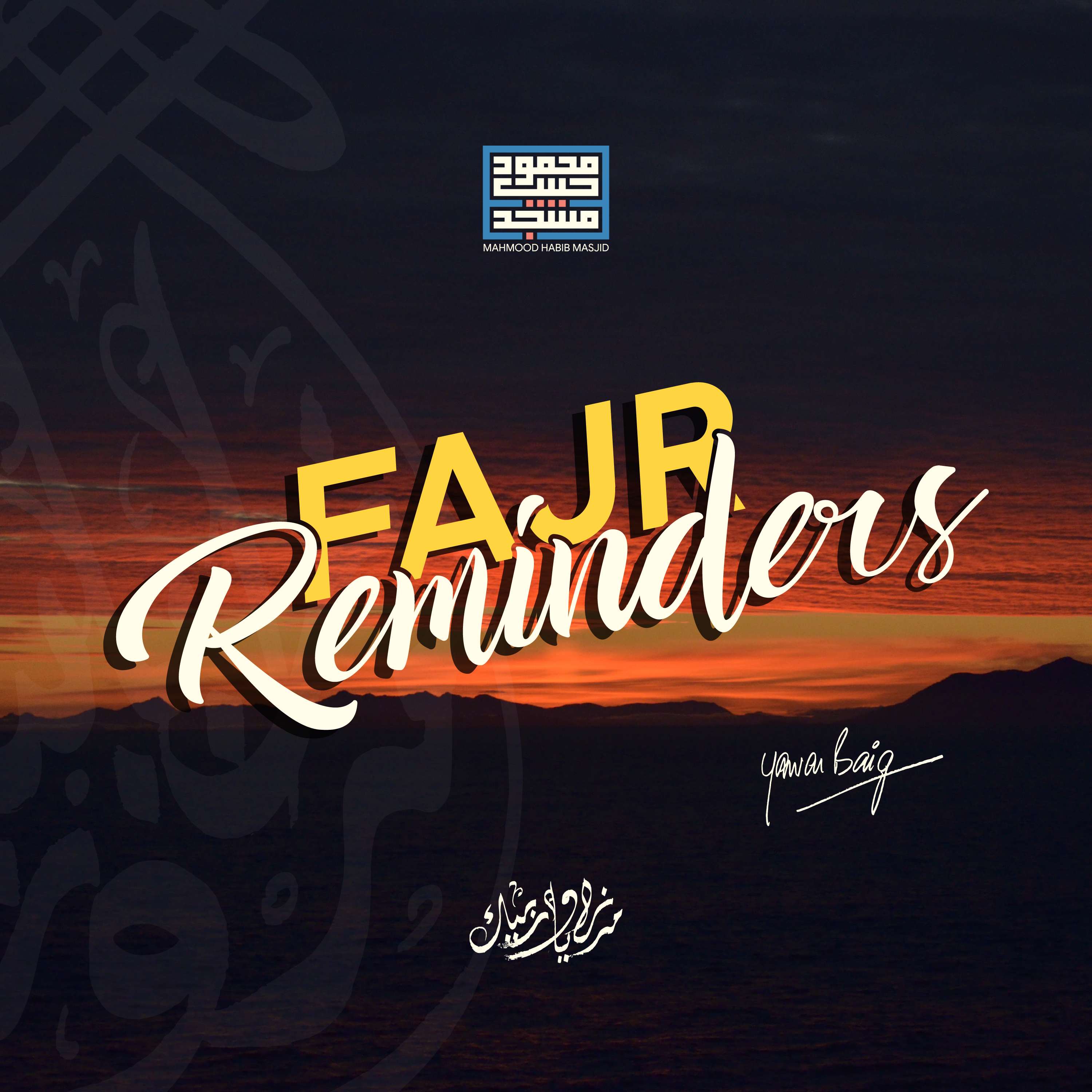Jan 02 2025 13 mins 4
https://youtu.be/SDIKN0xlpsg
Auto-generated transcript:
This is Leo, my brother's cat. He's a Russian blue and not the friendliest of cats but he seems to like me. For reasons unknown. What I want to say here today is the importance of differentiating between needs and wants. And this is something that starts very early in life, in the way we raise children, the difference between needs and wants. So anytime the child says, mommy, daddy, I really, really, really need this. Very common in American families, really, really, really need it. Three times really, really, really need it. Is to help them differentiate between is it something you really need or is it a want, a desire. Nothing wrong with wants except that if you do not differentiate between needs and wants, you end up with increasing your cost of living. And by cost of living, I don't just mean the amount in terms of dollars or cents or rupees or whatever. I mean the price you pay for that life quality. So if I need an iPhone 16, then I'm adding that into my cost of living. Because when you're saying need or want, it relates to happiness. What is it that makes you happy? So the more the need you have to make you happy, two things happen. One is your chances of being unhappy go up because what makes you happy is more and more and more. And if I can't get that, then I'm going to be unhappy. So my chances of being happy go down and my chances of being unhappy go up. The second issue of the difference between needs and wants is of course the actual dollar value. What does it cost? And once again, the more the needs, the more it's going to cost. I therefore want us to, I remind myself on you, let us recalibrate our lives and say what is it that I truly need? Now a need, a good way of understanding that is to use the Islamic and Arabic and Urdu concept of zarura. What is zarura? What is something a zarura or zaruri is something that is essential for survival. Where if you don't have that, then it is dangerous to life. It is going to cause dharar, which is ham. So dharuri is something which prevents harm. So what is dharuri in terms of food? Say for example, what is dharuri? Dharuri is the hadith of the Rasul of Allah, he said eat enough to keep your back straight. And if you must eat more, then eat up to one-third of the capacity of your belly. One-third food, one-third water, one-third empty air. And he said the hadith doesn't begin there, the hadith begins with, he said the worst utensil, the worst vessel to fill is the belly. So it begins with that. And then he says well eat only enough, a few morsels, a few morsels, not handfuls, morsels, to keep the back straight. So we can do our work, we can worship Allah subhanahu wa ta'ala, we can go about our daily business and keep it free from and never fill the whole belly. Now if you look at this, the whole issue of saying I want a triple chocolate sundae, is it a need or a want? To say I want, I need this, I need that kind of food, I need Hyderabadi biryani, right? I need Bihari kaab, I need this and that, all our desires, they are desires. Now remember I'm not saying that it is haram to have a desire, no, if you want to eat a particular kind of food, haram to ila. But don't say it is a need. It's not about semantics, it's about the psychological effect of calling something a need. If you call the thing a need, then it becomes a need. It generates unhappiness because as I told you, a need is something which if you don't have, it causes you harm. I need to breathe properly, if I don't have that air I will die. I need a certain amount of food, if I don't have even that amount of food, which is frankly being one meal in 24 hours, is a need. So one meal in 24 hours if I don't have, then I'm likely to you know have low sugar and I'm likely to experience the harmful effects of that. So that's a need.
